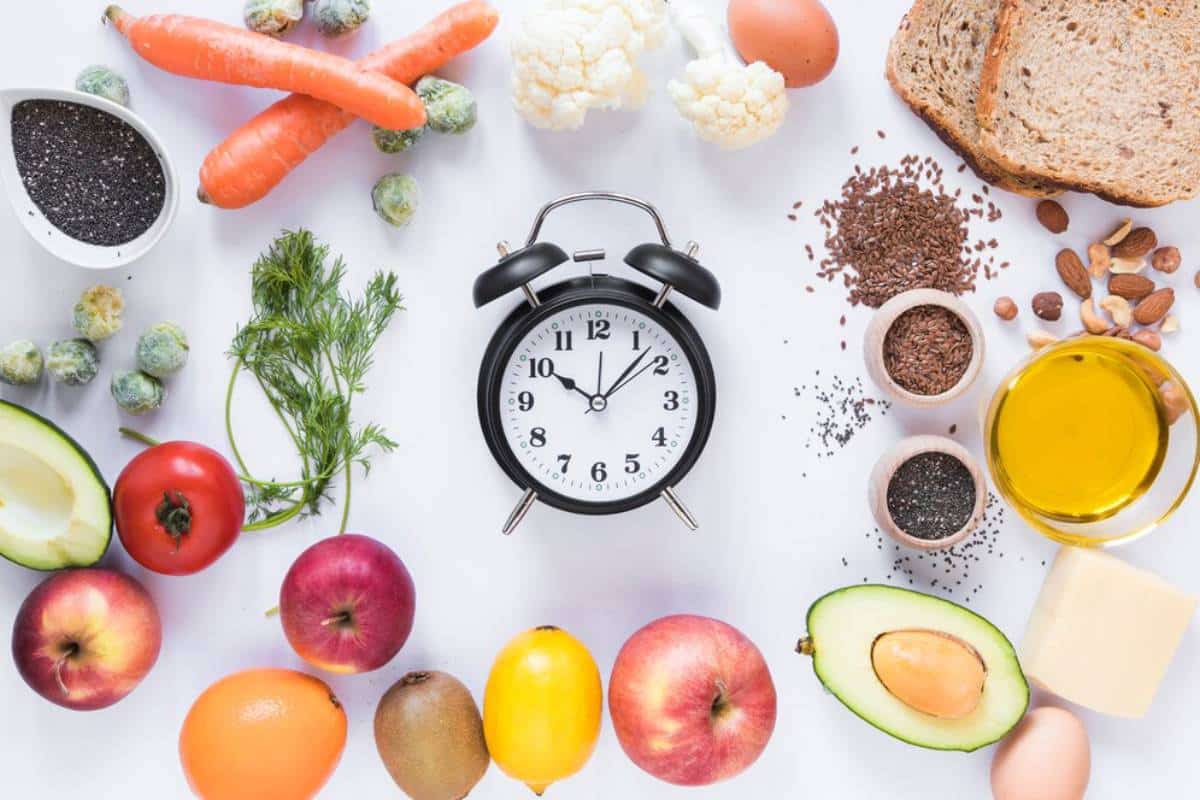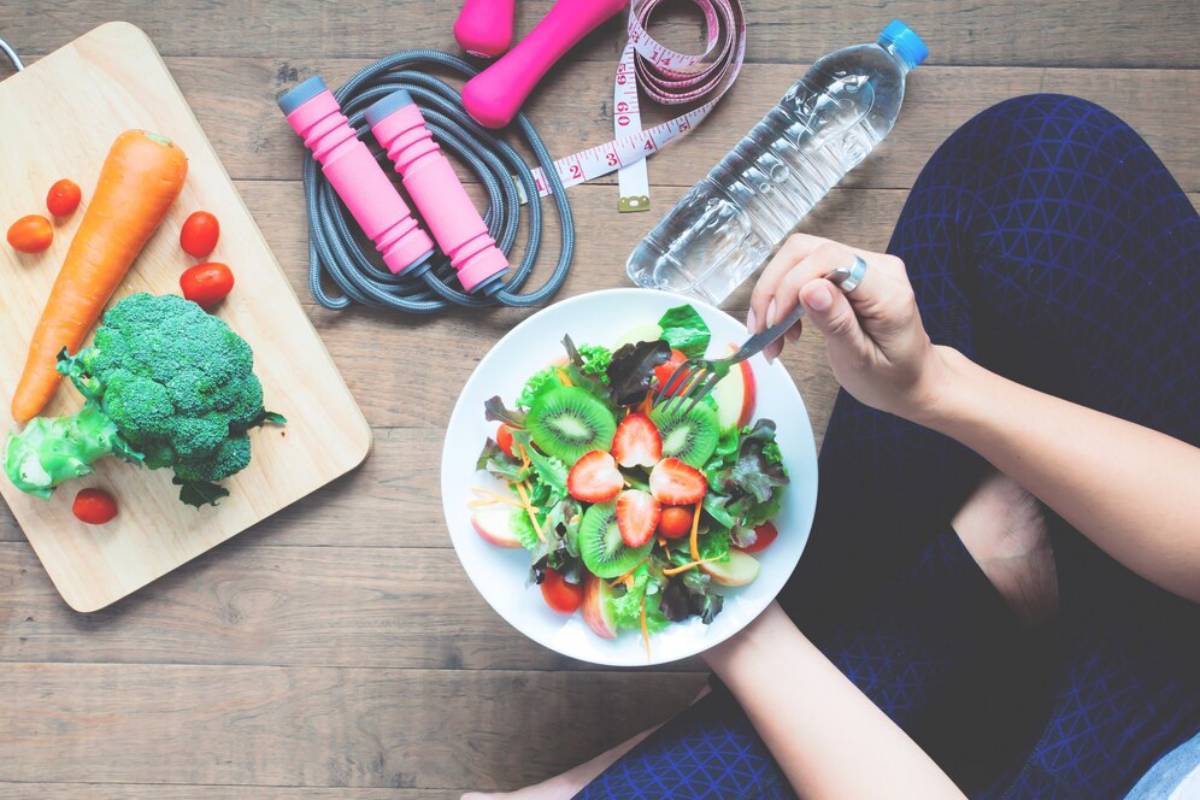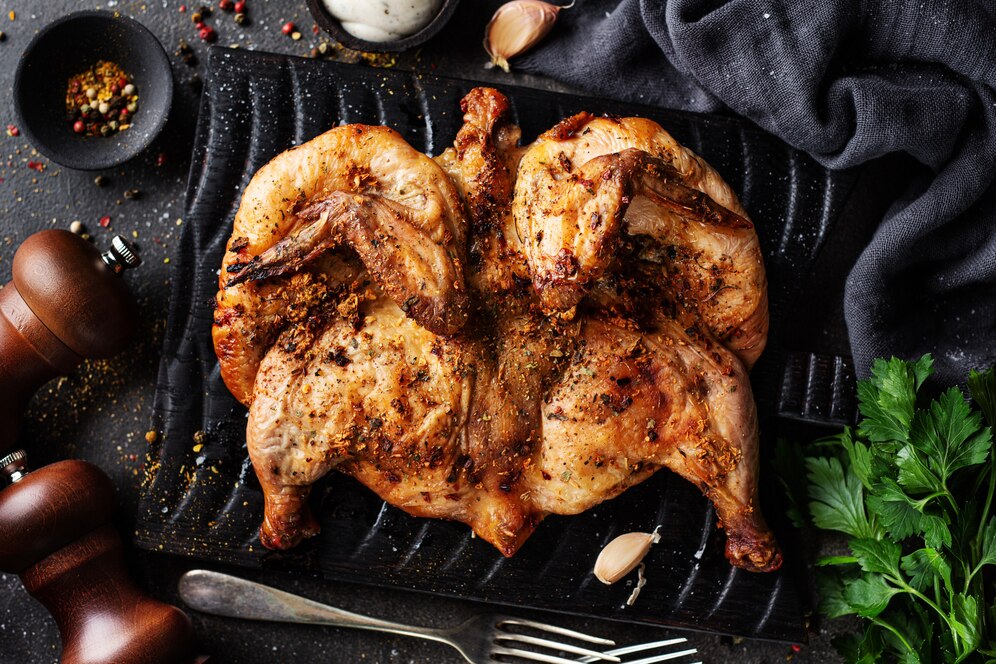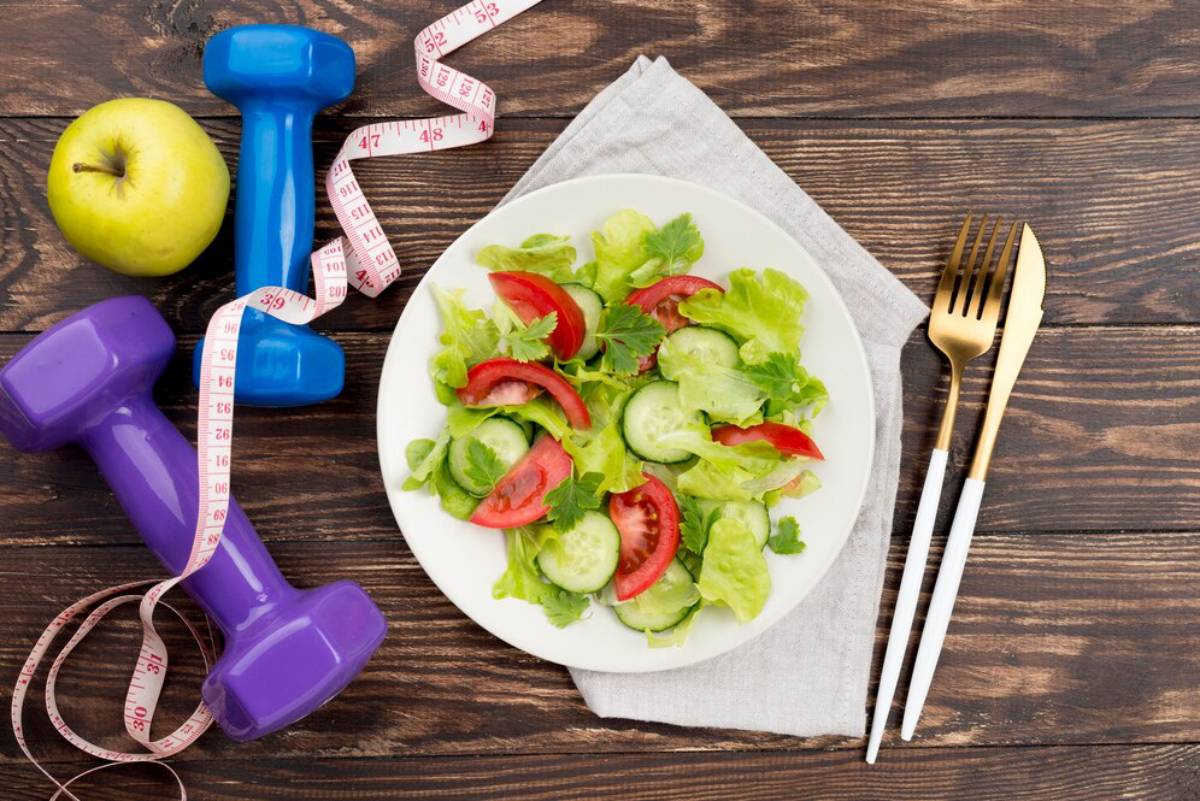
Meal Timing: When and What to Eat Around Workouts
The foods you eat are key for muscle growth, energy, and recovery. Meal timing—when you eat—also matters. Consuming the right nutrients before and after your workout boosts performance. It can lower fatigue and speed up recovery.
Many people skip meals or eat too soon before working out. Others choose the wrong foods at the bad times. These habits can cause low energy, muscle loss, and slow recovery. By knowing when and what to eat, you can boost your fitness progress.
This article will cover:
- The role of pre-and post-workout nutrition
- The best macronutrient ratios for energy, muscle gain, and recovery
- How meal timing influences performance and recovery
- Common meal timing errors to avoid
Plan your meals around your workouts. This will help your body get the nutrients it needs when it matters most.
.
The Importance of Meal Timing in Fitness
How Food Affects Exercise Performance
Your body needs fuel to sustain energy levels before a workout. If you eat too early, you may feel fatigued before your session begins. If you eat too late, digestion can interfere with your workout. Eat at the right time. This way, your body has enough glycogen and amino acids when needed.
How Food Affects Muscle Recovery
Post-workout meals are just as important as pre-workout meals. After exercise, your body absorbs nutrients better, helping repair damaged muscles and replenish glycogen. Eating right after your workout helps your muscles recover, cuts down on soreness, and boosts your performance next time.
Pre-Workout Nutrition: What to Eat and When
Timing Your Pre-Workout Meal

Eat your pre-workout meal 30 to 90 minutes before training. This timing depends on how well your body digests food.
- If eating a full meal: Consume it 2-3 hours before training to allow for proper digestion.
- Eat a snack 30-60 minutes before training. This gives you quick energy and helps you avoid digestive issues.
- For morning workouts, a snack or protein shake can boost your energy. It won’t make you feel too full.
Macronutrient Breakdown for Pre-Workout Meals
Each macronutrient plays a specific role in performance:
| Macronutrient | Function | Best Sources |
|---|---|---|
| Carbohydrates | Primary energy source | Oats, brown rice, sweet potatoes, bananas |
| Protein | Prevents muscle breakdown | Chicken, eggs, Greek yogurt, whey protein |
| Fats (small amount) | Provides sustained energy | Avocados, nuts, olive oil |
It is essential to avoid large amounts of fat and fibre right before a workout. These slow digestion and can cause bloating or discomfort during exercise.
Examples of Pre-Workout Meals

If Eating 2-3 Hours Before Training
- Grilled chicken, brown rice, and steamed vegetables
- Scrambled eggs with whole-grain toast and avocado
- Oatmeal with protein powder and berries
If Eating 30-60 Minutes Before Training
- Protein smoothie with banana and almond milk
- Greek yoghurt with granola and honey
- Rice cakes with peanut butter and a protein shake
Consuming the right balance of nutrients before exercise can ensure that your body has the energy it needs for optimal performance.
Post-Workout Nutrition: What to Eat and When
Timing Your Post-Workout Meal
Your body is in an anabolic (muscle-building) state immediately after exercise. Eating a meal within 30 to 60 minutes after your workout is key. It helps restore glycogen, repair muscles, and lessen soreness.
This time is known as the “anabolic window.” During this period, your muscles take in nutrients better. Eating right after exercise is good, but your diet during the day is important too.
Macronutrient Breakdown for Post-Workout Meals
After training, your body needs a combination of protein and carbohydrates to stimulate muscle protein synthesis and restore energy levels.
| Macronutrient | Function | Best Sources |
| Protein | Repairs and builds muscle | Chicken, fish, eggs, protein powder |
| Carbohydrates | Replenishes glycogen stores | White rice, potatoes, fruit, whole grains |
| Fats (optional) | Supports hormone production and recovery | Avocado, nuts, olive oil |
Fast-digesting carbohydrates such as white rice, potatoes, or fruit are ideal post-workout because they quickly replenish glycogen stores.
Examples of Post-Workout Meals
Within 30 Minutes Post-Workout (Quick Absorption)
- Whey protein shake with a banana
- Greek yoghurt with honey and berries
- Rice cakes with protein powder mixed in water
Within 1-2 Hours Post-Workout (Whole Meal)
- Grilled salmon with quinoa and roasted vegetables
- Steak with sweet potatoes and steamed greens
- Chicken stir-fry with jasmine rice and bell peppers
Adding a little salt to your post-workout meal helps replace lost electrolytes. This boosts hydration and supports muscle function.
Intra-Workout Nutrition: Is It Necessary?
For most people, pre-and post-workout meals are sufficient. If you do long workouts or train hard, eating nutrients during your session can help.
Who Needs Intra-Workout Nutrition?
- Athletes training for more than 60 minutes
- Endurance athletes such as marathon runners or cyclists
- Individuals performing fasted workouts
What to Consume During Workouts
- Branched-chain amino Acids (BCAAs): Help prevent muscle breakdown
- Electrolytes: Maintain hydration and muscle function
- Fast-digesting carbohydrates: Provide quick energy (e.g., sports drinks, honey, dextrose)
Intra-workout nutrition isn’t a must for strength training. However, it helps endurance athletes or those training several times a day.
Common Meal Timing Mistakes to Avoid
- Skipping Pre-Workout Meals: Leads to low energy, dizziness, and poor workout performance.
- Delaying Post-Workout Nutrition: Can result in muscle breakdown and slower recovery.
- Eating Too Much Fat Before a Workout: Can cause sluggishness and discomfort.
- Not Drinking Enough Water: Dehydration can reduce performance and increase fatigue.
Conclusion: When and What to Eat Around Workouts

Meal timing plays a crucial role in energy levels, muscle growth, and recovery. Eating the right protein, carbs, and fat balance can boost your workout performance and help your muscles recover.
Key Takeaways:
- Pre-Workout: Eat 30-90 minutes before training, focusing on carbs and protein.
- Post-Workout: Eat within 30-60 minutes to replenish glycogen and repair muscles.
- Intra-Workout Nutrition: Only necessary for long or intense workouts.
- Consistency is Key: Proper meal timing enhances performance and muscle growth.
Meal timing strategies can boost your workouts and speed up your fitness progress. Start planning your pre-and post-workout meals today for optimal results.